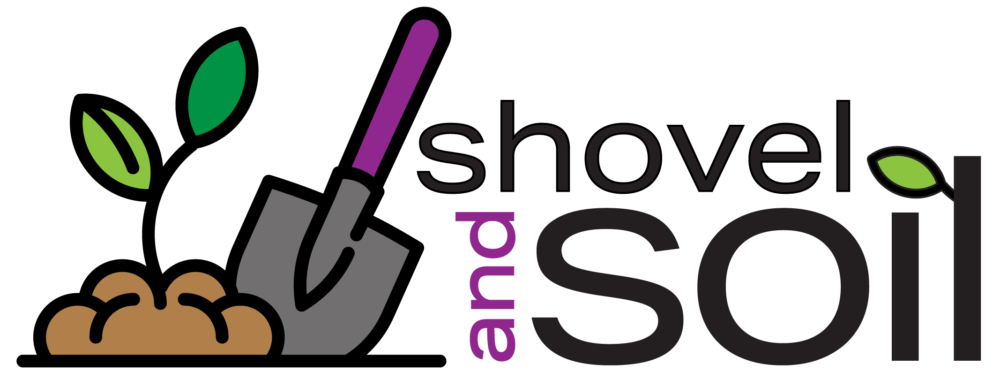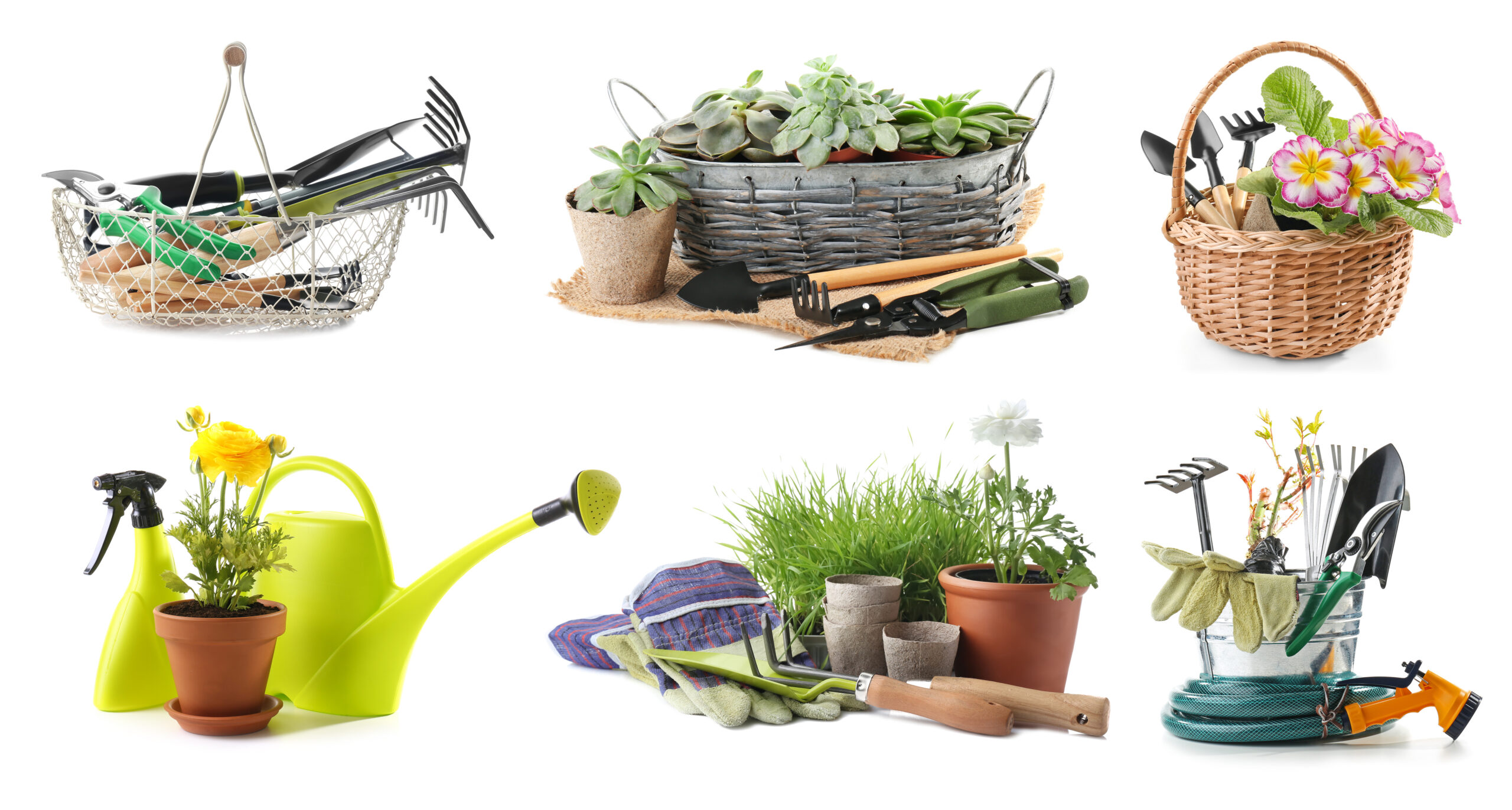
Embracing the Organic Philosophy
Organic gardening goes beyond simply avoiding synthetic fertilizers and pesticides. It’s about cultivating an ecosystem that supports healthy soil, plants, and wildlife. This approach emphasizes sustainability, biodiversity, and the natural cycles of growth and decay. By adopting organic practices, gardeners can create vibrant gardens that are in harmony with nature and contribute to the well-being of the planet.
Building Healthy Soil
Healthy soil is the foundation of any organic garden. It supports plant health by providing nutrients, oxygen, and water, and houses a vast community of beneficial organisms. To build healthy soil, incorporate organic matter such as compost, aged manure, and leaf mold. These additions improve soil structure, encourage beneficial microbial activity, and naturally boost fertility. Regular soil testing can help you understand your soil’s needs and guide your organic amendments.
Natural Pest and Disease Management
Organic gardening manages pests and diseases through prevention, cultural practices, and natural remedies rather than relying on chemical treatments. Encourage beneficial insects that prey on pests by planting a diverse range of flowers and herbs. Practice crop rotation and companion planting to deter pests and diseases. For specific problems, organic solutions like neem oil, diatomaceous earth, and homemade sprays can provide effective control without harming the environment.
Water Conservation Techniques
Water is a precious resource, and organic gardening practices aim to use it wisely. Drip irrigation and soaker hoses deliver water directly to the plant roots where it’s needed most, reducing waste and minimizing leaf wetness that can lead to disease. Mulching with organic materials helps retain soil moisture and reduce evaporation. Collecting rainwater in barrels for garden use further reduces the demand on municipal water supplies and ensures your garden is sustained in a more natural, eco-friendly way.
Choosing the Right Plants
Selecting plants that are well-suited to your climate and soil conditions is crucial in organic gardening. Native plants and heirloom varieties often have a natural resistance to pests and diseases, reducing the need for interventions. Incorporating a wide variety of species promotes biodiversity, creating a more resilient garden ecosystem. When selecting plants, also consider their benefits to pollinators and other wildlife, supporting a holistic approach to garden health.
Organic Fertilization Methods
Organic gardens thrive on the slow, steady nourishment provided by natural fertilizers. Compost, fish emulsion, blood meal, and green manures are all organic options that feed plants while improving soil health. These natural fertilizers release nutrients slowly, making them available as plants need them, without the risk of chemical runoff or soil depletion associated with synthetic fertilizers.
Supporting Wildlife and Biodiversity
A thriving organic garden supports not just plant life but a whole host of wildlife, from pollinators and birds to beneficial insects and earthworms. Provide habitats such as birdhouses, bee hotels, and natural brush piles. Leave some areas of your garden a little wilder to offer shelter and food for a variety of creatures, enhancing the ecological balance of your garden.
Commitment to Continuous Improvement
Organic gardening is a journey, not a destination. It requires patience, observation, and a willingness to learn and adapt. Celebrate successes, learn from failures, and remain open to new ideas and practices that can improve the health and productivity of your garden. Sharing experiences and knowledge with the gardening community can also enrich your organic gardening practice.
Organic gardening is a rewarding endeavor that connects gardeners with the rhythms of the natural world. By embracing these principles and practices, gardeners can create lush, productive gardens that nourish the body, soul, and planet, fostering a deep sense of stewardship for the earth and its resources.



